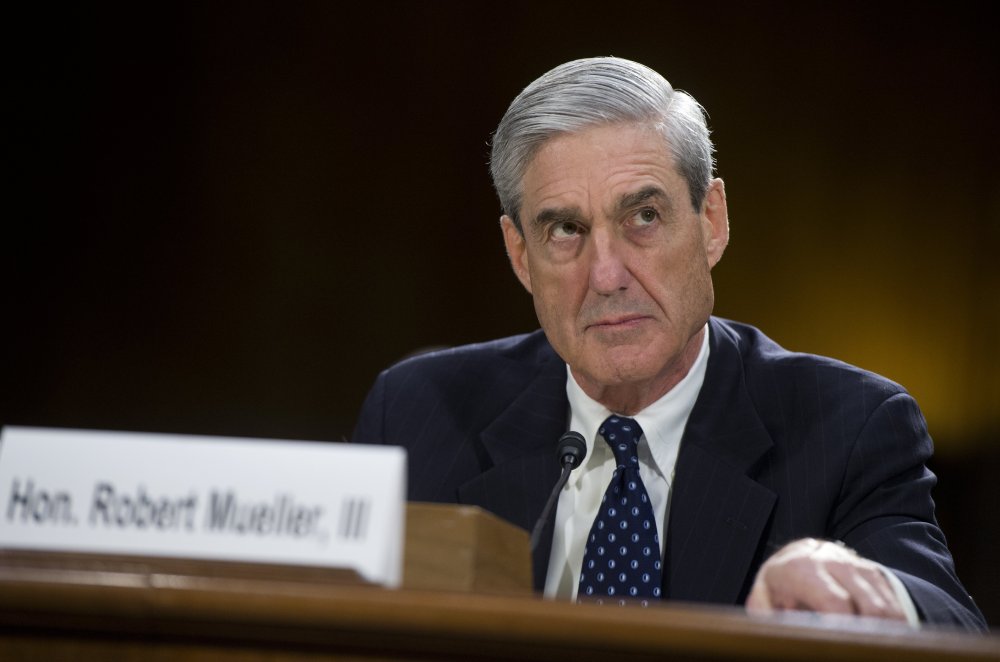As you’ve probably heard, the Justice Department released a redacted version of Special Counsel Robert Mueller’s report late this morning, and while it’s impossible to summarize a 448-page document in two sentences, this Associated Press report struck me as quite compelling.
Public at last, special counsel Robert Mueller’s report revealed to a waiting nation Thursday that President Donald Trump tried to seize control of the Russia probe and force Mueller’s removal to stop him from investigating potential obstruction of justice by the president.
Mueller laid out multiple episodes in which Trump directed people around him to try to influence or curtail the Russia investigation after the special counsel’s appointment in May 2017.
Broadly speaking, we’re dealing with an investigation that explored three central questions: did Russia attack American elections, did our adversaries have partners in Donald Trump’s political operation, and did Trump obstruct the investigation into what transpired.
The first question appears to have been answered in definitive fashion. Literally, the second sentence of the Mueller report says, “The Russian government interfered in the 2016 presidential election in sweeping and systematic fashion.” It’s a detail the Republican president has never acknowledged, at least not publicly, and it’s an assessment that skeptics of the Russia scandal have long resisted, but by fair measure, the debate over this has run its course.
On a related note, the Mueller report went on to note that the investigation “established that the Russian government perceived it would benefit from a Trump presidency and worked to secure that outcome.” That, too, is a fairly obvious detail that both the president and other skeptics of the scandal have long resisted.
On the second question, related to possible cooperation between the Russian attackers and the campaign they were determined to help, the Mueller report also noted Trump’s political operation “expected it would benefit electorally from information stolen and released through Russian efforts.”
What’s more, the Republican campaign “showed interest in WikiLeaks’ releases of documents and welcomed their potential to damage” Hillary Clinton.
And while there’s no shortage of redactions in relevant parts of the Mueller report, it leaves little doubt that there were extensive connections between Russians and Trump insiders, including former campaign chairman Paul Manafort’s briefings with Konstantin Kilimnik, whom “the FBI assesses to have ties to Russian intelligence.”
The report added that while the connections between Moscow and Trump’s campaign didn’t rise to the level of criminal misconduct, the investigation did identify “numerous links between individuals with ties to the Russian government and individuals associated with the Trump campaign.”
But perhaps the most striking aspect of the report, at least for me, are the elements referred to in the aforementioned Associated Press excerpt. For all of Attorney General Bill Barr’s talk this morning about White House “cooperation’ with the investigation, there can be little doubt that Trump personally and directly took repeated steps to undermine the probe while it was ongoing — and not just by refusing to sit down for an interview.
It’s obviously a tough thing to summarize in a blog post — I’m going to hope you’ll watch tonight’s show — but the case for obstruction is remarkably strong.
“[T]he investigation established that several individuals affiliated with the Trump Campaign lied to the Office, and to Congress, about their interactions with Russian-affiliated individuals and related matters,” the Mueller report noted. “Those lies materially impaired the investigation of Russian election interference.”












